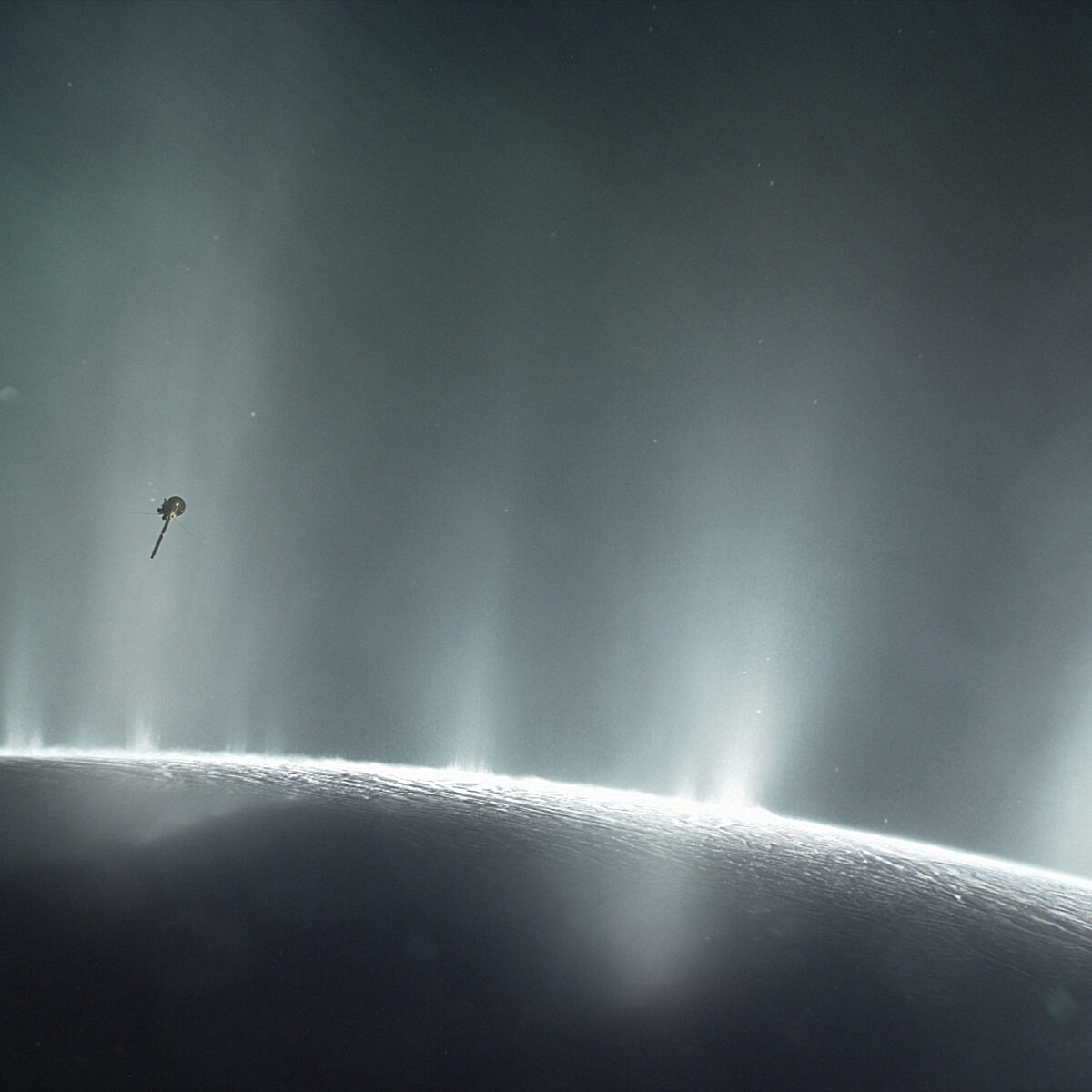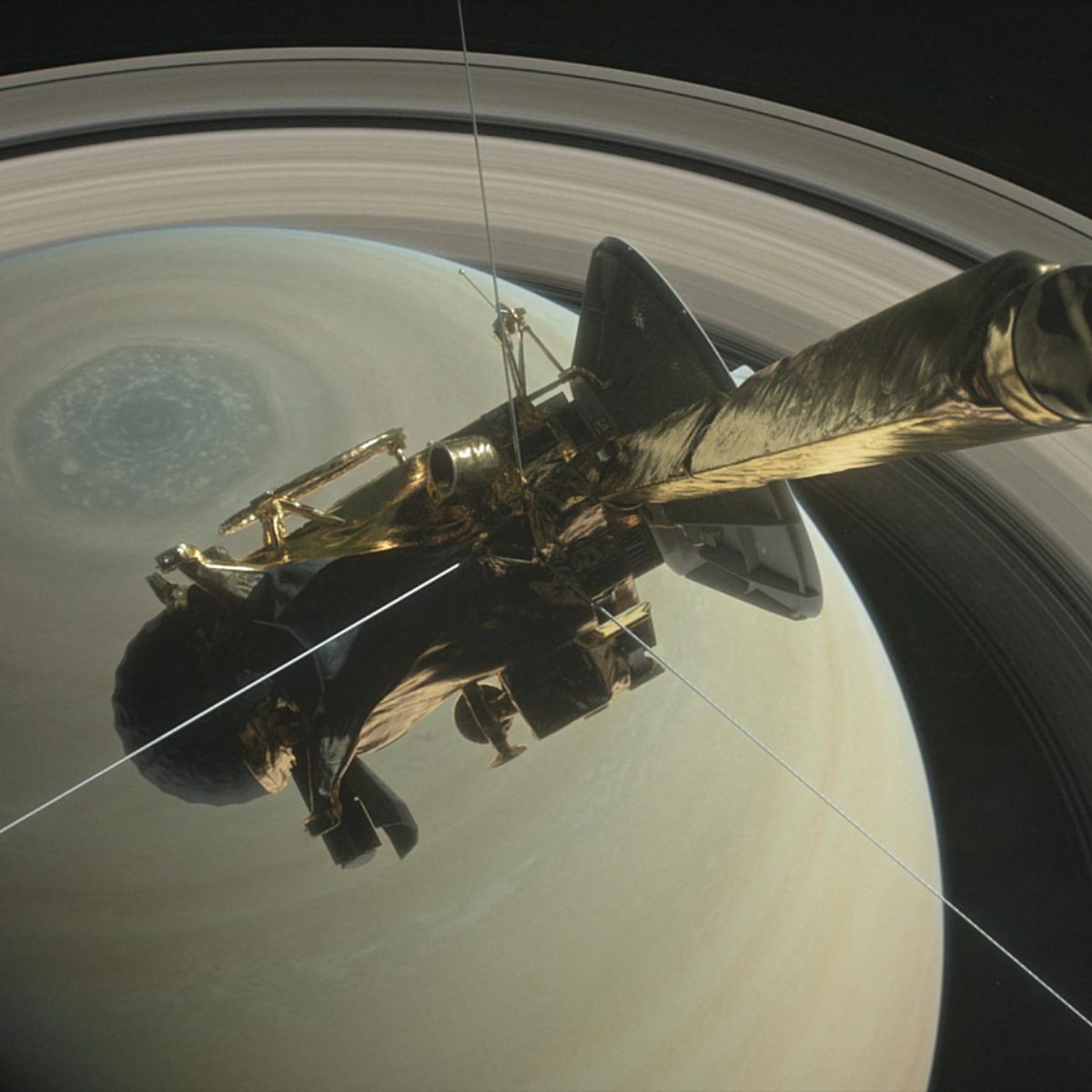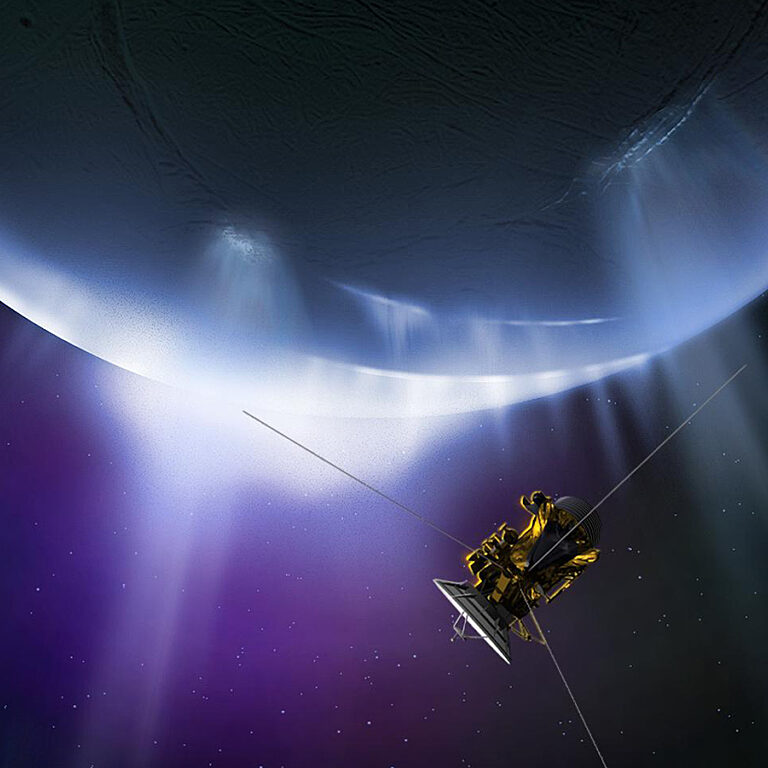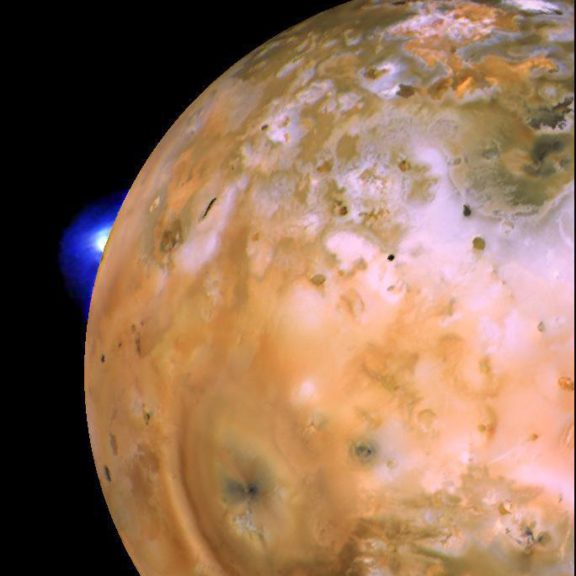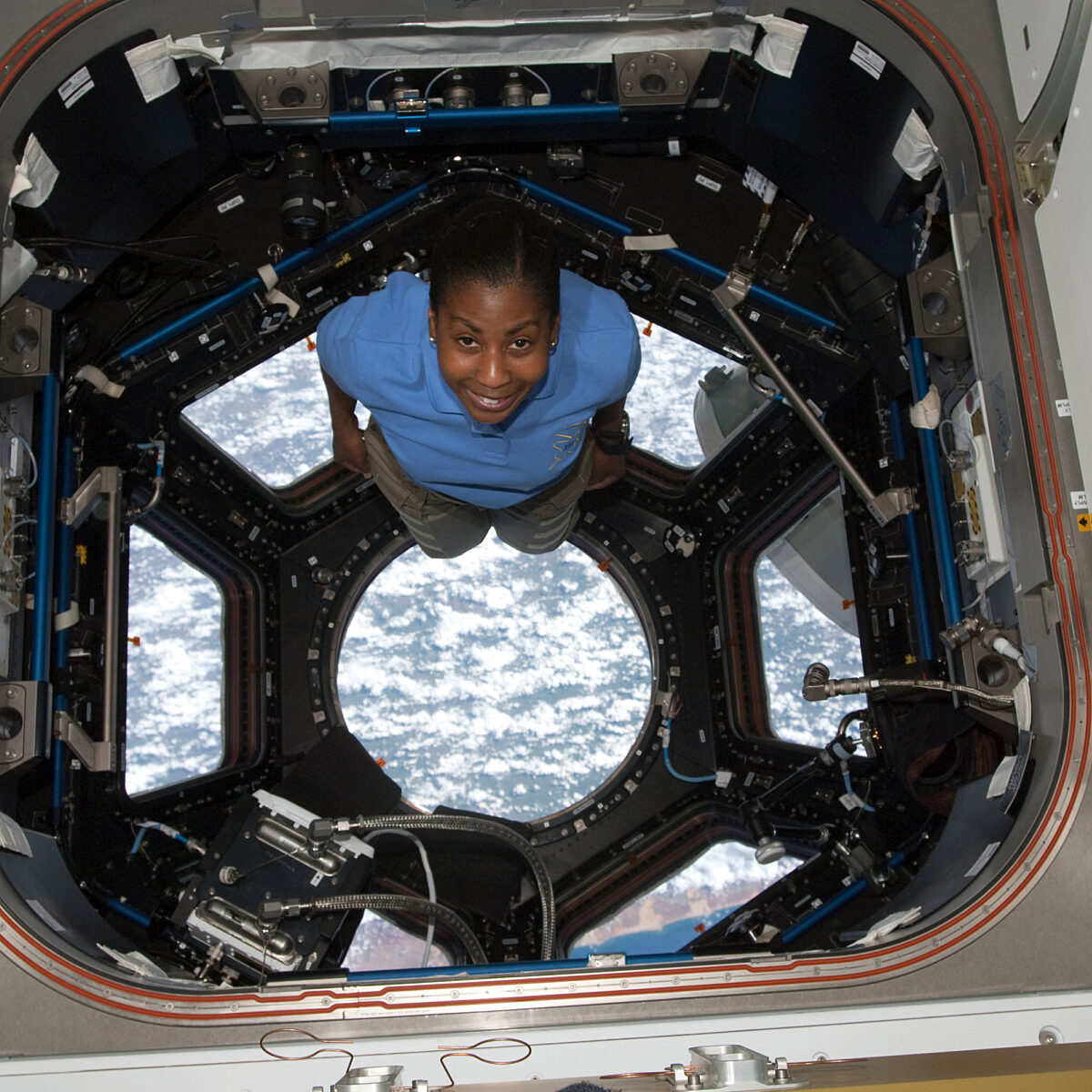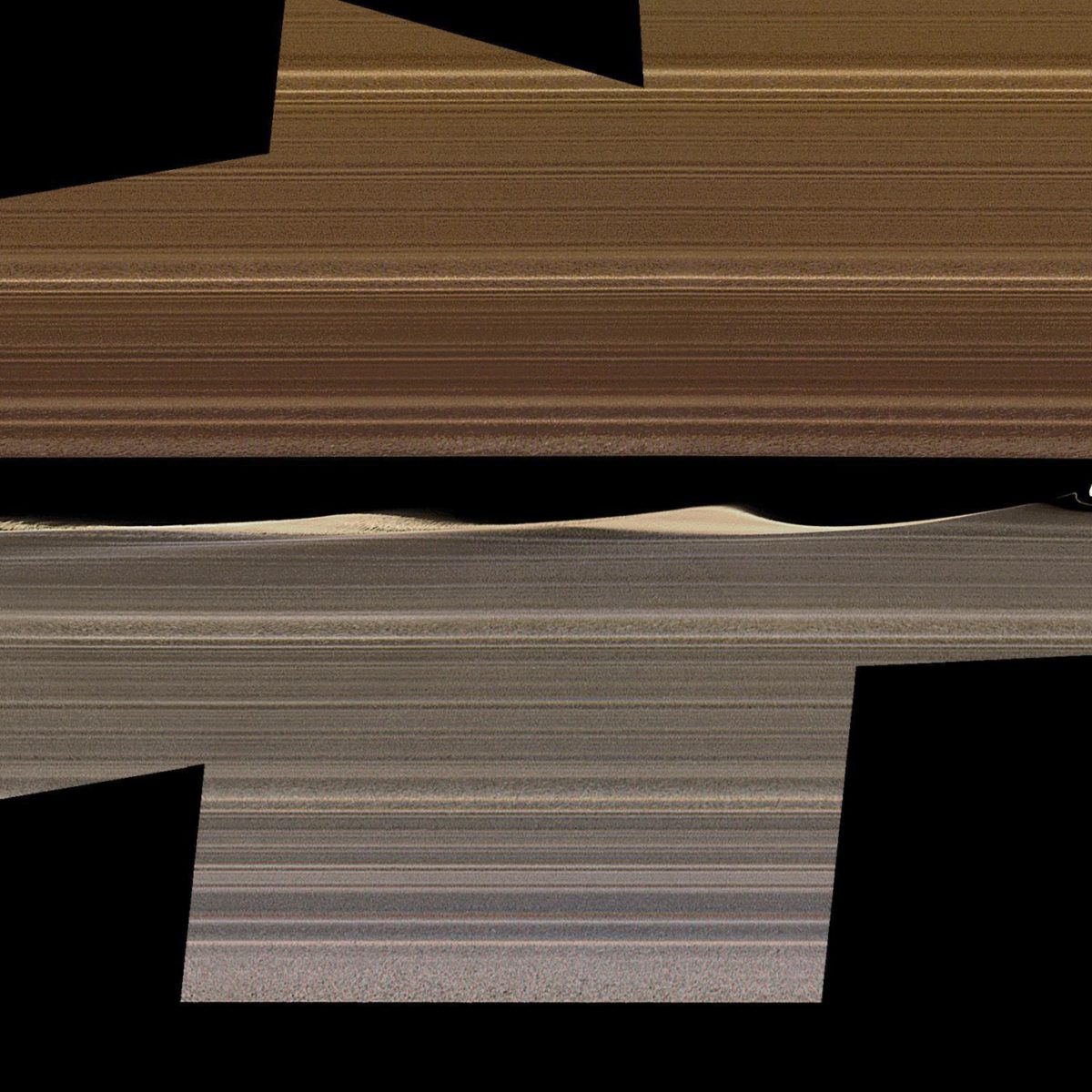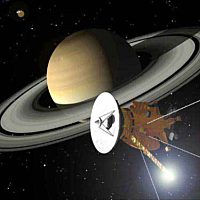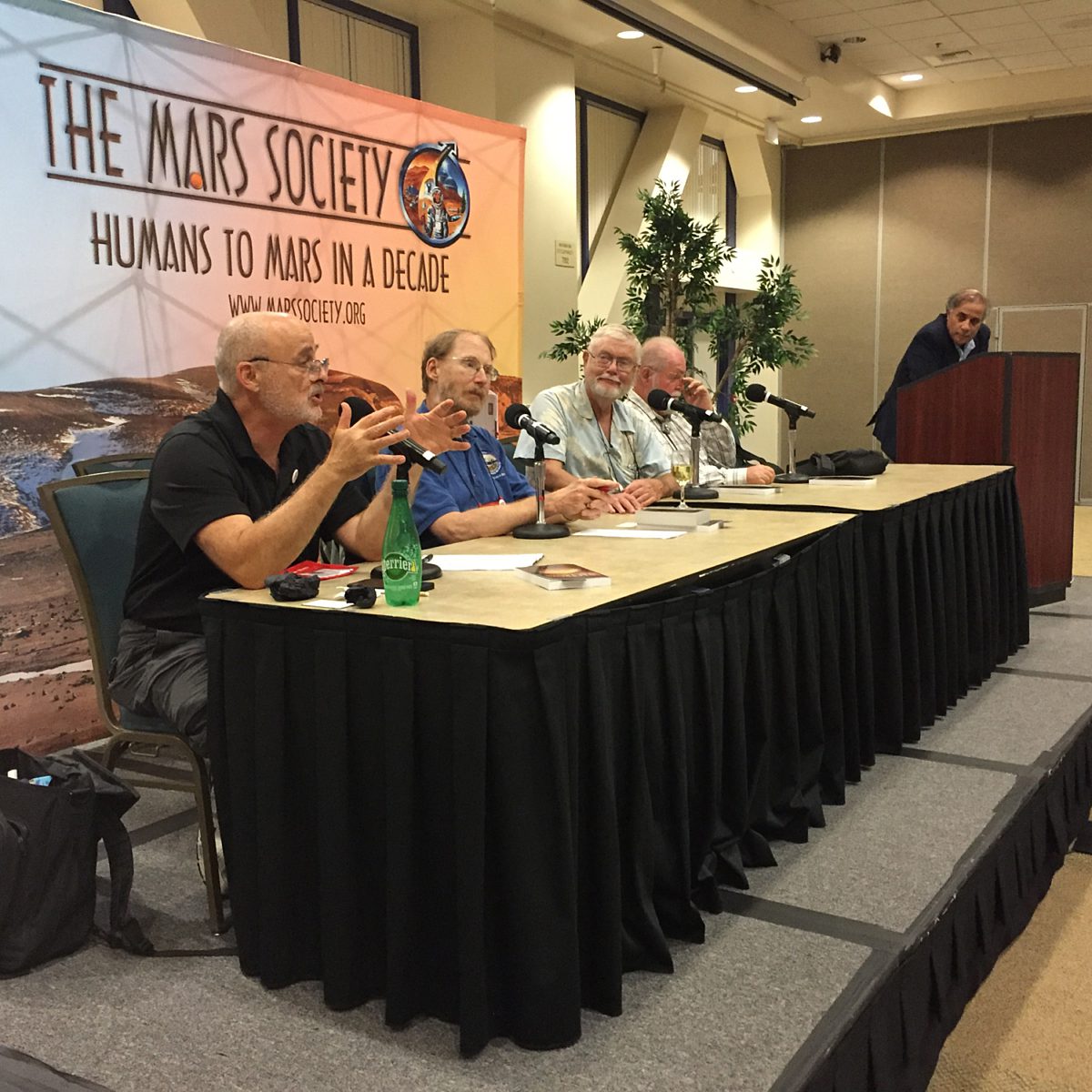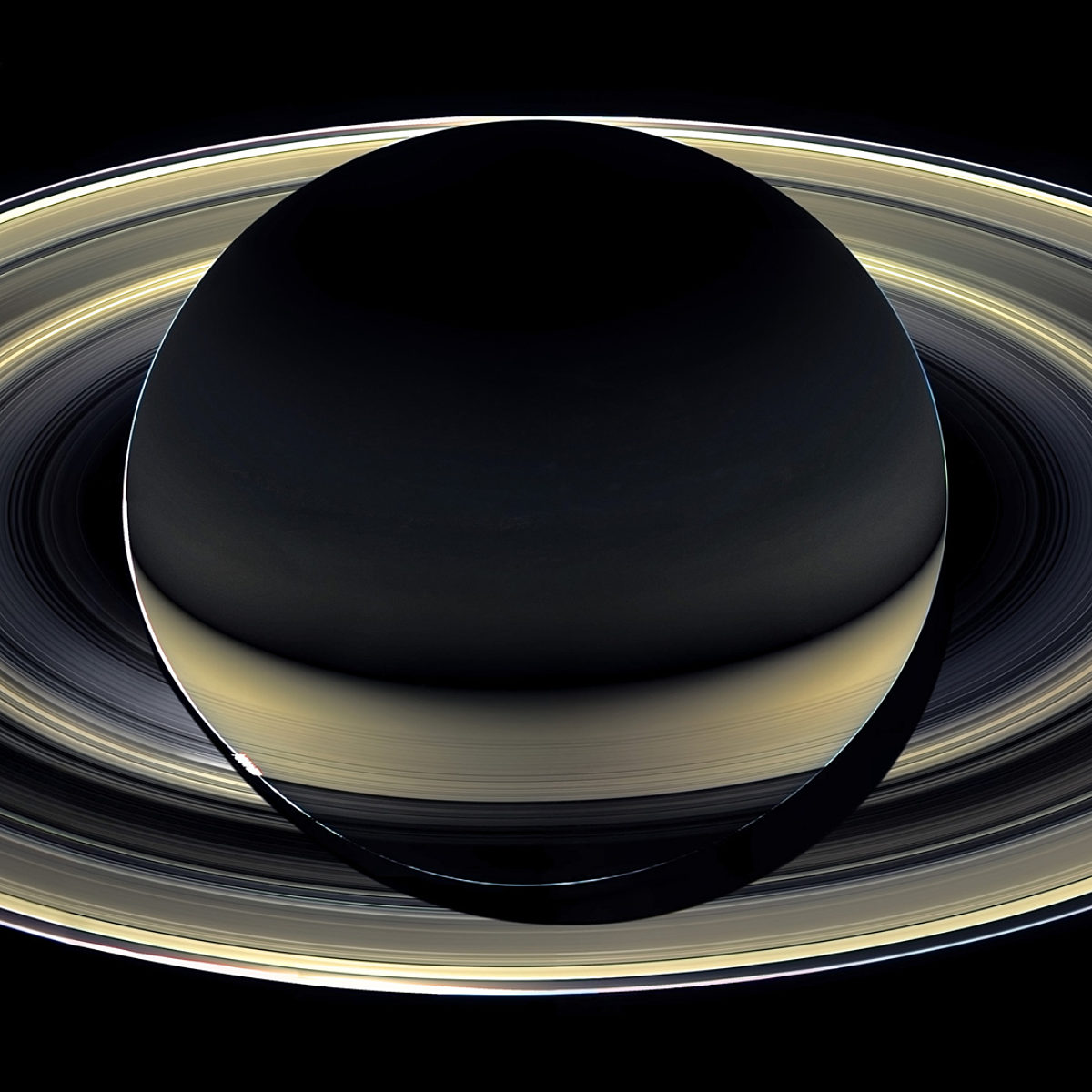Since 2002, Planetary Radio has visited with a scientist, engineer, project manager, advocate, or writer who provides a unique perspective on the quest for knowledge about our Solar System and beyond. The full show archive is available for free.
Search Planetary Radio
Chris Glein, a lead scientist at the Southwest Research Institute, joins Planetary Radio to talk about the discovery of phosphorus in the oceans of Saturn’s moon Enceladus and the implications for the search for life.
Chris Glein, a lead scientist at the Southwest Research Institute, joins Planetary Radio to talk about the discovery of phosphorus in the oceans of Saturn’s moon Enceladus and the implications for the search for life.
Sam Birch, an assistant professor at Brown University, explores what we know about the alluvial rivers of Earth, Mars, and Saturn's moon Titan.
Richard Durisen and Paul Estrada join Planetary Radio to discuss their research on the surprisingly recent formation of Saturn's rings and why they are disappearing over time.
We were there when the Cassini spacecraft ended 13 years of exploration and revelation at Saturn.
Flying a spacecraft through geysers spewing from Saturn’s moon Enceladus might reveal the building blocks of life or even life itself.
Cassini mission project scientist Linda Spilker returns with new science from ocean moon Enceladus and anniversaries to celebrate with the Voyager mission.
Composer Amanda Lee Falkenberg is joined by Cassini project scientist Linda Spilker and retired astronaut Nicole Stott as she shares excerpts from The Moons Symphony.
18 astronauts on the Artemis Team have a shot at walking on the Moon, and Stephanie Wilson is one of them.
A fun conversation with the leader of the Cassini imaging team, and an audio tour of the transit of Mercury with astronomer Jay Pasachoff.
It has been many months since the great Cassini spacecraft plunged into Saturn’s atmosphere and fiery death. Yet the mission lives on as the reams of data and images reveal much more of this beautiful world, its rings and its moons.
Our most frequent guest returns with exciting, just-published research enabled by the 20-year mission’s enormous success. Linda Spilker has served as Cassini Project Scientist for 8 years, and was Deputy Project Scientist for the previous 13. You’ll also get the chance to win Bruce Betts’ great new intro to astronomy book in this week’s space trivia contest.
Freeman Dyson wasn’t the only space star at the ISDC. Mat talks with former astronaut and NOAA Administrator Kathryn Sullivan, leaders of the Cassini mission, innovative students and an expert on dental care in space.
More than 1,100 fans of the just-completed 20-year mission to Saturn joined us for a live tribute.
Join us at JPL and Caltech on the bittersweet morning the Cassini spacecraft plunged into Saturn.
Robert Zubrin of the Mars Society talks with Gregory Benford, David Brin, Geoffrey Landis and Larry Niven about terraforming Mars, the origin of life, the drive to explore and more.
The multi-billion dollar, multi-decade Cassini mission is about to end. A new report tries to answer an important question: are flagship science missions like Cassini worth the effort and expense? And how can NASA maximize the value of these endeavours? Dr. Ralph McNutt, co-chair of the National Academies study, reviews the report’s recommendations.
It’s the Grandest Finale. The spectacular Cassini mission’s exploration of Saturn will end on September 15th when the spacecraft plunges into the planet. Cassini Project Scientist Linda Spilker is back with one last mission update.
The world’s most powerful solar telescope has just been renamed for the man responsible for its creation. We’ll meet astrophysicist and helioseismologist Phil Goode, and we’ll enjoy a tour of the Goode Solar Telescope.
The Cassini Mission has less than two months to go before it ends with a spectacular plunge into the beautiful ringed world. Planetary Society Senior Editor Emily Lakdawalla has prepared a guide to the last orbits by the historic spacecraft.


 Explore Worlds
Explore Worlds Find Life
Find Life Defend Earth
Defend Earth


